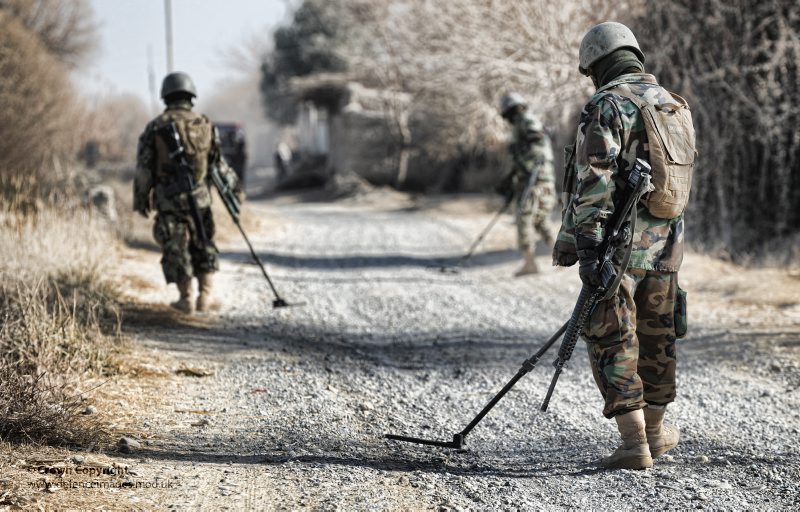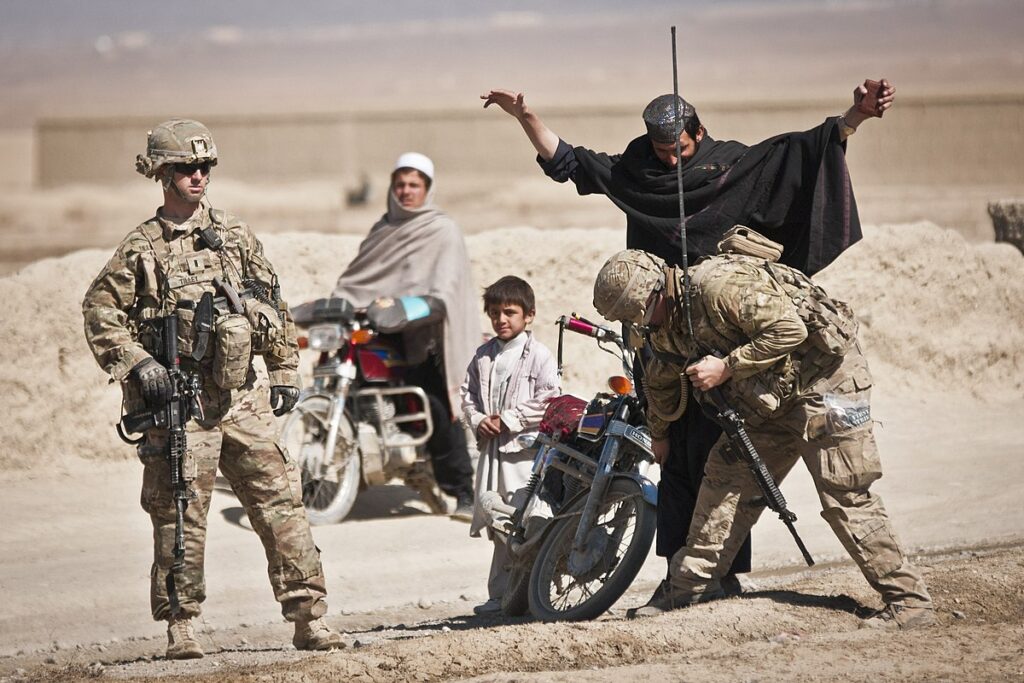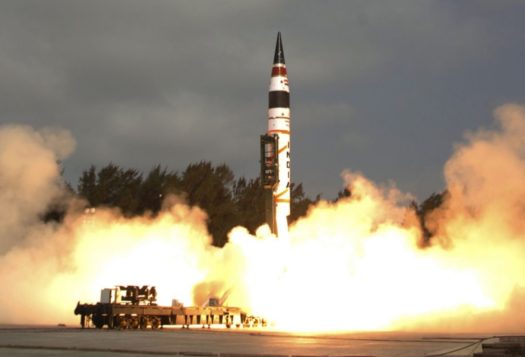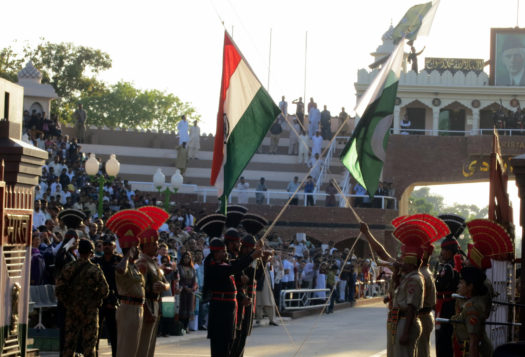
On January 30, a suicide attack on Police Lines Mosque, Peshawar, left over 100 people dead and 52 injured, making it among the deadliest terror attacks in the last few years. The recent attack was claimed by Jamat ul Ahrar, a splinter faction of the Tehreek-e-Taliban Pakistan (TTP). While Peshawar reeled from the incident, another terror attack in Makarwal in the Mianwali District in Punjab was prevented by the police. The security situation in Pakistan has gone haywire only 16 months after U.S. and NATO forces withdrew from Afghanistan.
Continued attacks raised questions regarding the efficacy of Pakistan’s counterterrorism efforts. The National Counter Terrorism Authority (NACTA)’s recent report acknowledged that the resumption of peace talks with the TTP in 2022 allowed the group to strengthen its networks in the country. Currently, academics and policymakers in Pakistan are hotly debating a review of Pakistan’s counterterrorism strategy and the role of institutions like NACTA as a comprehensive coordination body in countering terrorism.
A major area gaining traction in the public discourse is the possibility of U.S.-Pakistan counterterrorism cooperation, which is also emphasized by the U.S. State Department’s 2022 Integrated Country Strategy on Pakistan.
Endless cycles of attacks and the Afghan Taliban’s failure to reign in the TTP has pushed Pakistan to explore both kinetic and diplomatic options to better neutralize resurgent threats from the terrorist groups. More importantly, a major area gaining traction in the public discourse is the possibility of U.S.-Pakistan counterterrorism cooperation, which is also emphasized by the U.S. State Department’s 2022 Integrated Country Strategy on Pakistan. After the Peshawar Police Lines Mosque attack, the United States reiterated its support to Pakistan in countering terrorism. Although the United States is now focused on the Indo-Pacific framework and the Russia-Ukraine war, it should also reconsider security cooperation with Pakistan due to the rising threat of the TTP. However, Pakistan must overcome its severe domestic political and economic crises for further U.S.-Pakistan cooperation to be possible.
Coming Full Circle: Pakistan’s Terrorism Woes
After partnering with the United States during the War on Terror in 2001, Pakistan experienced a full-blown terrorist threat at the hands of the Baitullah Mehsud-formed TTP in 2007. The TTP, then, was clearly a by-product of Al-Qaeda’s rise in Afghanistan. From the earlier stages of its inception, the TTP had links with the Afghan Taliban and Al-Qaeda. After the Afghan Taliban took over Kabul in 2021, the TTP again pledged allegiance to the former.
The Pakistani military launched operations against the TTP from 2007 onwards in North Waziristan, South Waziristan, and the Khyber Pukhtunkhwa (KP) province. But after the deadly attack of Army Public School (APS) in 2014, the scope and intensity of military operations widened all over the country. Apart from full-scale military operations in tribal areas, Pakistani security forces conducted successful Intelligence Based Operations (IBOs) in cities to break terrorist networks through Operation Zarb-e-Azb.
After U.S. forces withdrew from Afghanistan in August 2021, the Taliban seized power in Kabul with the promise of a ‘moderate’ Afghanistan. The Taliban government assured the international community of two major promises: Afghan girls and women would be given the right to education and work, and terrorist groups would not be allowed to operate on Afghan soil. These promises have been laid to waste.
Pakistan is experiencing terrorist threats every day. Splinter and other groups have merged into the TTP including a Baloch nationalist group, and suicide attacks on law enforcement agencies are on the rise. The TTP has, once again, reemerged in different areas of the former Federally Administrated Tribal Areas (FATA) region and attempted to carry out an attack in the country’s capital. A key catalyst for the resurgence of the TTP is the current political vacuum in Pakistan, created by the economic crisis, political instability, and the rift between the civilian and military leadership.
Within the current political milieu, U.S.-Pakistan counterterrorism cooperation will likely stall so long as contentious political rhetoric from Pakistan Tehreek-e-Insaaf (PTI) regarding the United States continues. Even as attacks surge, former provincial governments in KP, Punjab, and the Central government prioritize blame games and political jostling. Erstwhile provincial governments in KP and Punjab, led by PTI, have blamed the PMLN-led coalition government at the Center for its failure to counter the terrorist threat. On the contrary, the federal government continues to blame KP’s provincial government and PTI leadership for allowing TTP militants to return and resettle from Afghanistan, when the party was in power.

Previously, PTI chairman and former Prime Minister Imran Khan blamed the United States for his ouster. In the case of PTI’s possible return to power in the next election, U.S.-Pakistan cooperation will require reconciliation from both sides. While counterterrorism cooperation primarily remains focused between the militaries of the two countries, a conducive domestic political environment is equally important. However, the deepening economic crisis can further trigger intense political rhetoric, including accusations hurled at the United States, possibly further eroding the fraught relationship.
What may future U.S.-Pakistan terror cooperation look like?
Two recent high level interactions – a phone call between the U.S. Secretary of Defense and Pakistan’s Chief of Army Staff and a visit to Pakistan by the U.S. Central Command (CENTCOM) Chief – suggest that counterterrorism cooperation remains a shared interest of Washington and Islamabad. In the latter, the two sides discussed Pak-Afghan border security, the threat posed by terror groups in the region, and cooperation between CENTCOM and the Pakistan Army. Despite major domestic obstacles to effective U.S.-Pakistan cooperation, a few recent developments, such as the reversal of the ban on the F-16 package by the Biden administration, also suggest that cooperation may be on the table again. In December 2022, a statement from the State Department reiterating the U.S. commitment to degrade Al-Qaeda, IS-K, TTP, and other terrorist groups was of key importance as well. However, the nature of future counterterrorism cooperation is still unclear.
Experts Zahid Hussain and Michael Kugelman specifically suggest two options: first, that Pakistan and the United States should intensify intelligence-based cooperation; and second, the resumption of a coalition support fund on counterterrorism to Pakistan. Kinetic options such as drone strikes against common targets, particularly in Afghanistan, could also be a possibility. Diplomatic initiatives by Pakistan and the United States to pressurize the Afghan Taliban to meet their commitments not to support and shelter terrorist groups on Afghan soil can also be intensified. Given the threat terror groups based in Afghanistan pose to Pakistan and other regional countries, Pakistan should persuade Central Asian and Gulf countries, along with the United States, to push the Afghan Taliban to disrupt these groups.
The United States and Pakistan can also improve the capacity building of paramilitary and law enforcement agencies in Pakistan, primarily through training of counterterrorism tactics and the provision of equipment, as they are first responders during terrorist attacks. As part of a long-term approach, Pakistan and the United States can collaborate to improve the former’s criminal justice capacity to prosecute terrorism-related cases. While the path ahead waits to be charted, preventing a resurgence in terrorism that engulfs the region is paramount.
Conclusion
Pakistan will have to take the lead in initiating U.S.-Pakistan cooperation on countering terrorism. The first step is to strive towards internal stability which requires streamlining domestic political issues, working towards economic stability and continued environmental relief, through dialogue among actors and serious deliberations on policy and action plans on terrorism. Yet, no amount of external cooperation without the political will of the political and military leadership can bring about long term successes against terrorism.
The first step is to strive towards internal stability which requires streamlining domestic political issues, working towards economic stability and continued environmental relief, through dialogue among actors and serious deliberations on policy and action plans on terrorism.
For any counterterrorism cooperation between the United States and Pakistan to be successful, depoliticizing the role of the United States in Pakistan by political parties, specifically the PTI, will be critical. Political leadership in Pakistan must recognize that the political entity that comes into power in the next general election will have to rebuild trust between the two countries. This is equally vital to achieving any positive outcomes on the counterterrorism front.
***
Image 1: Afghan National Army Soldiers via Flickr
Image 2: US, Afghan Forces at Checkpoint via Wikimedia Commons


